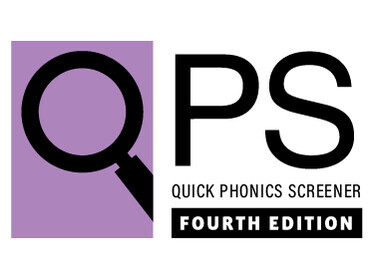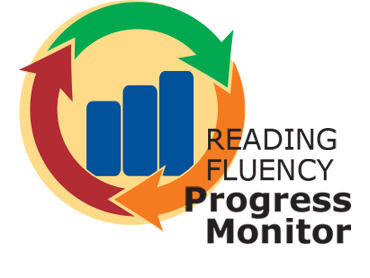Assessment Tools
Evaluating students with reading assessment tools can help teachers determine which students need intervention programs and help monitor each student's progress throughout the year.

Quick Phonics Screener
4.8 of 5 (4 reviews | add review)
This proven diagnostic assessment identifies students’ strengths and instructional needs in phonics—decoding and encoding. Quick Phonics Screener also includes Quick Spelling Survey, a time-saving spelling assessment you can administer to a group.
Learn More
Reading Fluency Progress Monitor
(0 reviews | add review)
Continuously monitor individual students' growth in reading proficiency with 30 fiction and nonfiction passages at each grade level (grades 1 to 8). These field-tested passages have strong validity and reliability.
Learn MoreTypes of Assessments
Educators systematically use reading assessments to guide instructional decision-making for all students. Four types of assessments are used to measure and monitor reading achievement.
- Benchmark Assessments: Screening assessments used with all students to determine who is performing at benchmark and who needs extra instructional support. Benchmark assessments are typically given to all students three times per year—in the fall, winter, and spring.
 Example: DIBELS (Dynamic Indicators of Basic Early Literacy Skills)
Example: DIBELS (Dynamic Indicators of Basic Early Literacy Skills) - Diagnostic Assessments: Criterion-referenced assessments used to determine the skills and needs of a struggling reader. Diagnostic assessments are used to help match interventions to a student's needs and to monitor progress in specific skills.
 Example: Quick Phonics Screener
Example: Quick Phonics Screener - Progress Monitoring Assessments: Valuable, sensitive, and reliable measurement tools used to determine whether the prescribed interventions are effective for students. Progress monitoring assessments are given regularly throughout the year (for example, weekly, biweekly, or monthly).
 Example: Reading Fluency Progress Monitor
Example: Reading Fluency Progress Monitor - Outcome Assessments: Annual, high-stakes statewide tests used to determine whether students have met grade-level standards.
 Examples: State-adopted high-stakes assessments and Common Core State Standards assessments
Examples: State-adopted high-stakes assessments and Common Core State Standards assessments
Please let us know what questions you have so we can assist. For Technical Support, please call us or submit a software support request.